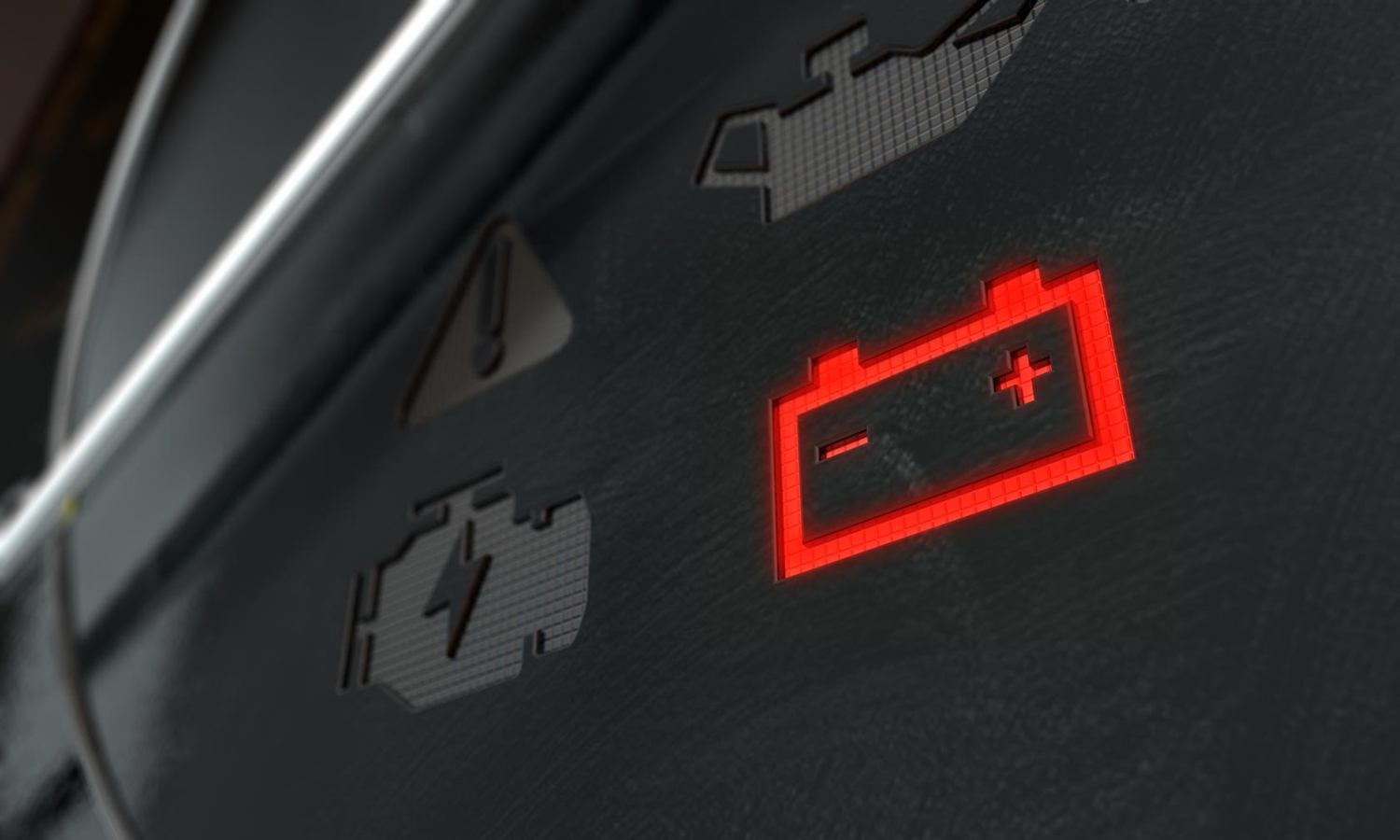Stop Killing Your Car Battery! 10 Things That Drain Your 12V Battery
Your car's battery is a critical component, providing the necessary power to start your vehicle and run its electrical systems. However, many drivers inadvertently shorten their battery's lifespan through common actions and oversights. Understanding what drains your 12V battery can help you maintain its health and ensure your car starts when you need it most. Here are ten things that can drain your car battery and how to avoid them.
1. Self-Discharge
Even when your car is parked and turned off, your lead-acid battery slowly loses charge over time. On average, it loses about 0.1V per month, which translates to a 10% loss in capacity. To combat this natural self-discharge, consider using a battery maintainer if your vehicle will be idle for extended periods.
2. Continual Power Draw
Modern vehicles are equipped with numerous electronic systems that remain active even when the car is off. These systems, such as alarm systems, onboard computers, and keyless entry systems, draw power continuously. Over time, this continual power draw can significantly deplete your battery. Disconnecting or turning off unnecessary systems when the car is not in use can help preserve battery life.
3. Opening the Doors
Every time you open your car doors, various systems activate to prepare the vehicle for starting. This process draws extra power from the battery. While this is a normal function, repeatedly opening and closing the doors without driving the car can lead to unnecessary battery drain. Try to limit this habit, especially if your car will not be driven soon.
4. Leaving Your Key Close to Your Car
If you leave your key fob too close to your car, the car and key will continue to communicate, which can drain the battery over time. Always store your key fob at a distance from your vehicle to prevent this continuous interaction.
5. Too Many Short Drives
Starting your vehicle requires a substantial amount of power, and if you're only taking short trips, the alternator may not have enough time to recharge the battery fully. Over time, this can lead to a weakened battery. Try to incorporate longer drives into your routine to allow the alternator to recharge the battery adequately.
6. Parasitic Drain
Parasitic drain refers to electrical components that continue to draw power after the car is turned off. This includes things like interior lights, glove box lights, or improperly shut doors. Ensure all lights and electronic devices are off and doors are fully closed when leaving your vehicle to prevent this silent battery killer.
7. Cold Weather
Cold weather can significantly impact battery performance, reducing it by as much as 35% when temperatures hit freezing. This is because the chemical reactions within the battery slow down in cold conditions. To mitigate this, keep your vehicle in a garage during cold weather or use a battery warmer to maintain an optimal temperature.
8. Hot Weather
While cold weather affects performance, hot weather accelerates battery drain. High temperatures can cause the battery fluid to evaporate, leading to decreased capacity and potential damage. Parking in the shade, using a sunshade, or garage storage can help protect your battery from excessive heat. The self-discharge of all battery chemistries increases at higher temperature, and the rate typically doubles with every 10°C (18°F).
9. Sulphation
When your battery’s voltage drops below 12.4V, a chemical reaction called sulphation can occur. Sulphation involves the formation of lead sulphate crystals, which can permanently reduce battery capacity if left unchecked. Regularly check and maintain your battery’s charge level to prevent sulphation.
10. Time
No matter how well you care for your battery, it will eventually reach the end of its lifespan. Most car batteries last between three to five years. Regular maintenance, such as cleaning terminals and checking electrolyte levels, can help extend its life. Be proactive about testing your battery and replacing it when necessary to avoid unexpected failures.
By understanding these common causes of battery drain, you can take proactive steps to preserve your car battery's health. Regular maintenance, mindful habits, and a bit of preventative care can go a long way in ensuring your vehicle starts reliably every time. Remember, a well-maintained battery not only saves you from inconvenient breakdowns but also extends the overall life of your car.















